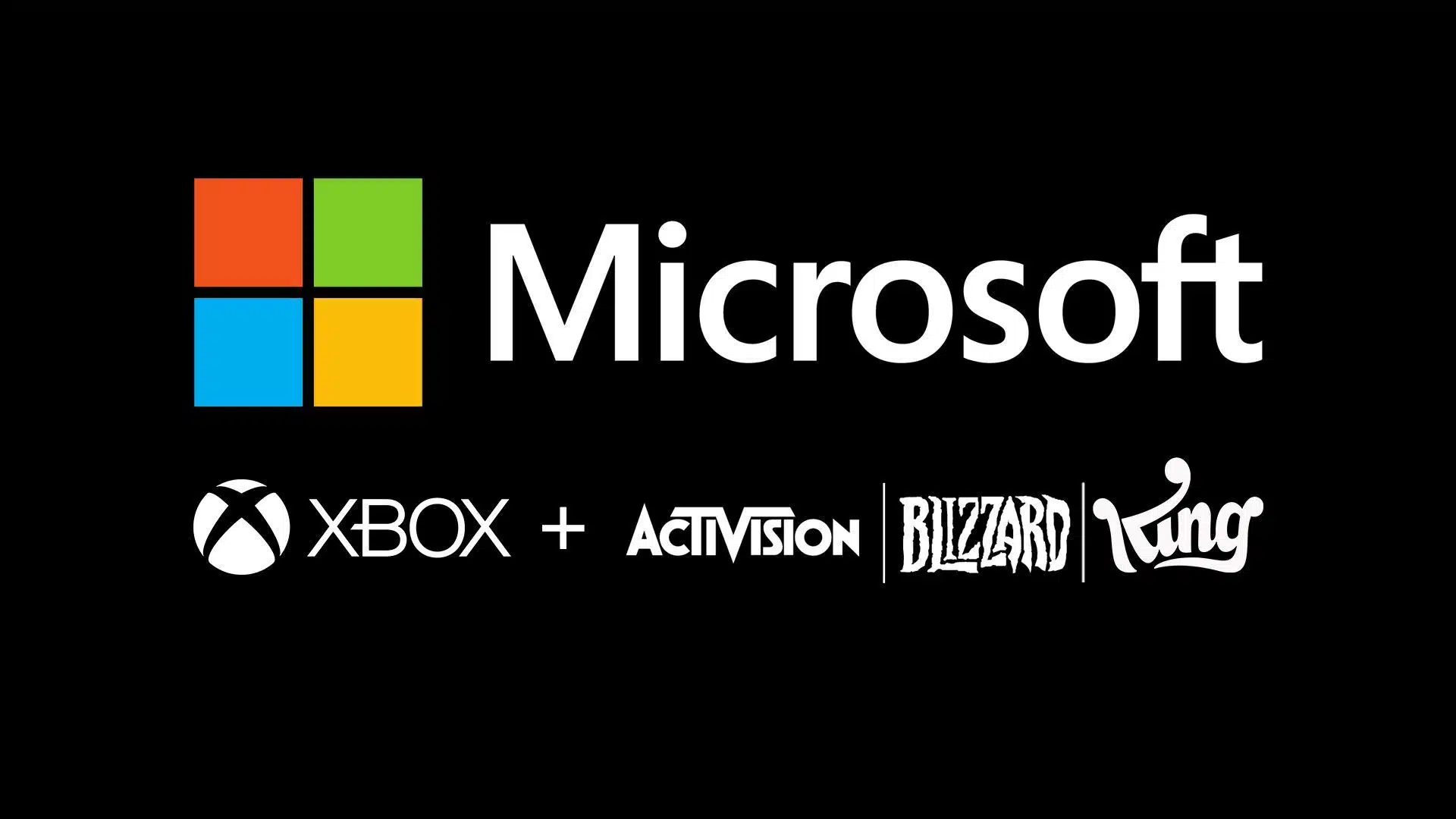Having officially blocked the Microsoft-Activision deal this week, the UK Competition and Markets Authority (CMA) has revealed that the Redmond corporation’s proposed cloud remedy involved it retaining all revenue from Activision games on rival cloud gaming services, essentially turning its competitors into customers.
- Related Reading: Microsoft-Activision Deal: CMA’s Decision “Is Far From the Final Word,” Says Bobby Kotick
Despite earlier having conceded that the Microsoft-Activision deal was “unlikely” to hurt console gaming competition in the UK, the CMA surprisingly made the decision to block the deal on Wednesday on the basis of unresolved cloud gaming concerns. In its full report, the UK regulator highlighted several key flaws with Microsoft’s modified cloud remedy (which the latter proposed to address the CMA’s initial concerns).
Noting an undisclosed third party’s concerns, the CMA revealed that the modified cloud remedy did not require Microsoft to license Activision’s games to all willing competitors, or even to any MSG services at all. Further, the modified cloud remedy entitled it to all revenue from Activision games on rival services, including the initial purchase in the case of BYOG services (GeForce Now), as well as all in-game purchases. This would essentially turn Microsoft’s rivals into its customers instead:
The modified Microsoft Cloud Remedy would entitle Microsoft to retain all revenue from sales of Activision games, in-app purchases, and any other future game-related transactional revenues – as a result, cloud game streaming services would not become rivals to Microsoft’s Game Pass Ultimate, but rather, they would become Microsoft’s customers, with only the ability to stream Activision games and send all the associated revenues to Microsoft. This third party told us that this would be unattractive for any cloud game streaming service, including BYOG operators like NVIDIA, which are the only operators that would benefit from the modified Microsoft Cloud Remedy should Microsoft decide not to license Activision games.
Additionally, the third party disclosed to the CMA that Microsoft’s proposal did not include any feature or technical parity obligations either. Even if the mentioned party is not Sony, it is likely that these reasons led the Japanese console manufacturer to refuse Microsoft’s 10-year cloud access agreement, though this is just speculation on our part.
The revelation provides significant credence to the CMA’s decision and the reasoning behind it. However, it is unknown if the decision will hold given Microsoft and Activision Blizzard’s intent to appeal.
Source: CMA
